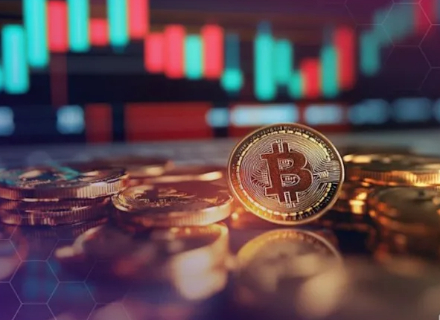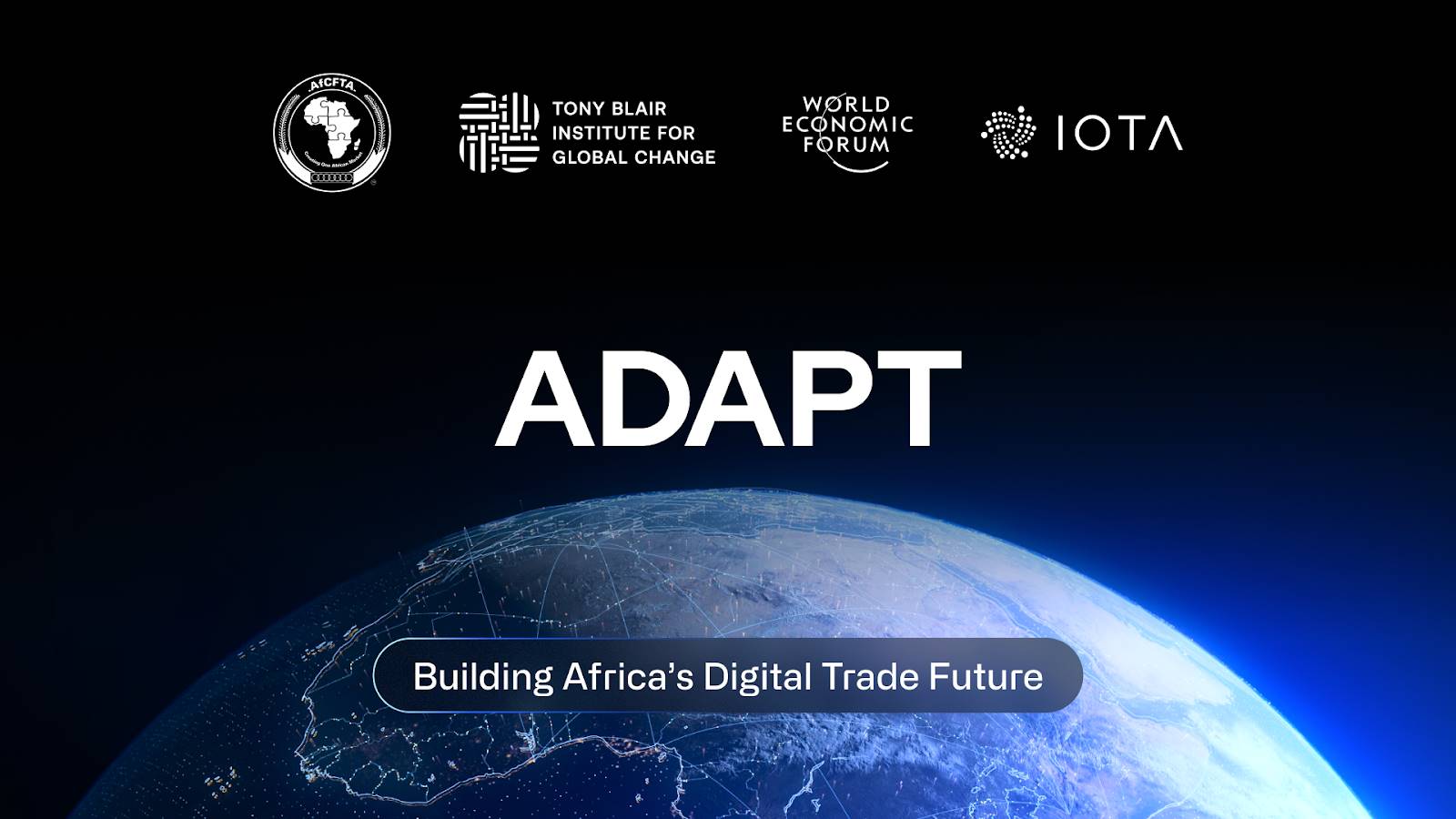Google Play Store bans crypto wallets in 15 jurisdictions, requires new licensing compliance
Play Store introduced licensing requirements for cryptocurrency wallet applications across 15 jurisdictions, including the US and the EU.
According to a report by the Rage, developers must obtain regulatory approvals before publishing apps on the platform.
Furthermore, the policy requires software wallet developers to comply with local financial regulations “to ensure a safe and compliant ecosystem for users.”
The requirements apply to both custodial and non-custodial wallets, creating compliance burdens that many developers cannot meet.
In the US, developers must register with FinCEN as a Money Services Business (MSB) and obtain state money transmitter licenses, or operate as federally or state-chartered banking entities.
MSB registration requires adherence to strict Anti-Money Laundering, Counter Terrorist Financing, and Know Your Customer frameworks.
Policy exceeds legal requirements
The report noted that Google’s requirements extend beyond current legal obligations for non-custodial wallets.
FinCEN’s 2019 guidance on Convertible Virtual Currencies distinguishes between “hosted” custodial and “unhosted” non-custodial wallets, explicitly stating that non-custodial wallets do not qualify as money transmitters under existing regulations.
The compliance programs required of MSBs represent the highest cost burden for financial institutions and would effectively exclude most non-custodial wallet developers from the Play Store.
The policy forces AML and KYC requirements on all non-custodial wallets available through standard Google devices.
Industry criticism mounts
Consensys lawyer Bill Hughes highlighted the policy inconsistencies on August 1, noting that Google announced the updated policy on July 10 without clearly defining “software wallet” terminology.
Hughes observed that registering as an MSB is “something FinCEN has specifically and clearly not required” for non-custodial wallets.
He added:
“They don’t define the term and do not acknowledge that registering as an MSB is something FinCEN has specifically and clearly not required.”
He noted Google’s broader statement that cryptocurrency activities “should be conducted through certified services in regulated jurisdictions,” despite certification not being legally required.
Hughes characterized the situation as “a bit of a mess” and warned that “the final boss for crypto is now more likely to be the Big Tech platforms that still dictate the major crypto app distribution channels.”
Justin Slaughter, vice president of regulatory affairs at Paradigm, criticized the policy as particularly problematic given Google’s ongoing antitrust litigation.
He said:
“Surprising move here by Google, especially amid their antitrust litigation, to suddenly place draconian restrictions on persons making non-custodial wallets available on the App Store.”
Slaughter referenced pending congressional legislation, noting that “pure coding should not require a federal license” as outlined in draft bills addressing cryptocurrency regulation.
The post Google Play Store bans crypto wallets in 15 jurisdictions, requires new licensing compliance appeared first on CryptoSlate.
Disclaimer: The content of this article solely reflects the author's opinion and does not represent the platform in any capacity. This article is not intended to serve as a reference for making investment decisions.
You may also like
Mars Morning News | Federal Reserve officials send strong hawkish signals again, December rate cut in doubt
The crypto market has generally declined, with bitcoin and ethereum prices falling and altcoins experiencing significant drops. Hawkish signals from the Federal Reserve have affected market sentiment, and multiple project tokens are about to be unlocked. Early ethereum investors have made substantial profits, and expectations for a continued gold bull market persist. Summary generated by Mars AI. The accuracy and completeness of this summary, generated by the Mars AI model, are still being iteratively improved.

IOTA collaborates on the ADAPT project: Building the future of digital trade in Africa together
IOTA is collaborating with the World Economic Forum and the Tony Blair Institute for Global Change on the ADAPT project. ADAPT is a pan-African digital trade initiative led by the African Continental Free Trade Area. Through digital public infrastructure, ADAPT connects identity, data, and finance to enable trusted, efficient, and inclusive trade across Africa.

